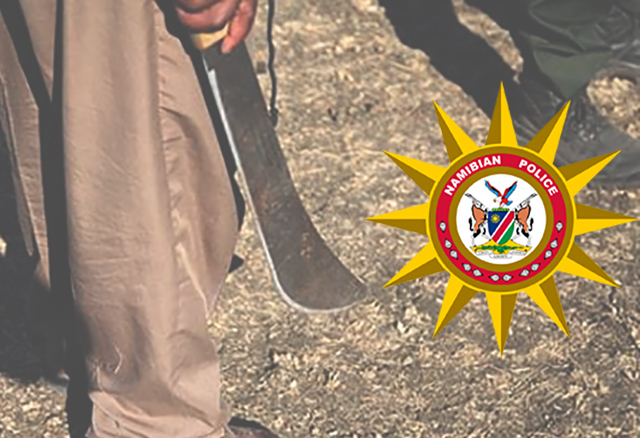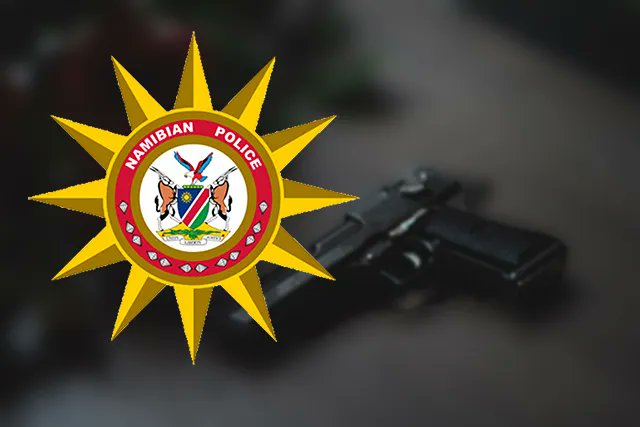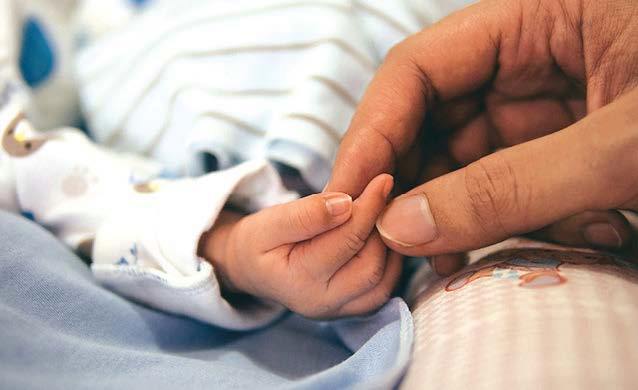THE importance of the constitutional right to legal representation – and with it, the need to be given a proper opportunity to exercise that right – has been emphasised in the High Court once again.
A little over two weeks ago, the High Court allowed an appeal against a murder conviction and 13-year prison sentence that had been imposed in the Windhoek Regional Court. One of the factors that prompted Acting Judge Raymond Heathcote and Judge President Petrus Damaseb to conclude that murder suspect Awala Angula Kautewa did not receive a fair trial, was the fact that in their opinion the Magistrate who presided at his trial had not given him an adequate chance to get legal representation before it was ruled that his trial would proceed without him being legally represented.A similar scenario made a return appearance in an appeal judgement that was handed down in the High Court on Friday.The result was the same as it had been in Kautewa’s case, but this time it was not an alleged murderer, but rather an alleged extortionist who had been sentenced in the Windhoek Regional Court to an effective three and a half years’ imprisonment, who had his conviction set aside because of doubts about the fairness of his trial.The judgement by Acting Judge Elia Shikongo dealt with a case in which a Windhoek resident, Charlie Swartz, and a co-accused who at that stage was still a member of the Namibian Police, Albertus So-Oabeb, were accused of having blackmailed an Angolan resident of Windhoek by threatening that he would be arrested if he did not pay them large sums of money after he had been involved in a road accident.Swartz and So-Oabeb both received sentences of three and a half years’ imprisonment in late August 2003 – Swartz on two charges of extortion and one count of defeating or obstructing the course of justice, and So-Oabeb on a charge of corruption and defeating or obstructing the course of justice.Swartz had, however, been without legal representation during the last part of his trial.His defence counsel had withdrawn when the Magistrate did not want to grant him a postponement that he wanted because an exhibit in the case – a videotape recording of a Police trap in which Swartz was claimed to have been caught – was not available or had been lost.The Magistrate thereafter refused to give Swartz, by then unrepresented, an opportunity to get another lawyer to represent him at his trial.The result was, firstly, that he went through the last stage of his trial unrepresented, and, secondly, that his conviction has now been set aside.Because Swartz had been denied his right to legal representation, he was prejudiced in his defence to the charges that he faced, with the result that a failure of justice had occurred, Acting Judge Shikongo found.Acting Judge John Manyarara agreed with his judgement.So-Oabeb had indeed been legally represented during the trial, but his conviction was also overturned on Friday.So-Oabeb had denied the charges, but he was convicted on the basis of testimony given by a single witness, Acting Judge Shikongo pointed out.He also noted that there was no indication that the Regional Court Magistrate had considered this witness’s testimony with the sort of caution with which a single witness’s testimony should be scrutinised, and neither was So-Oabeb’s denial dealt with in the judgement in which he was pronounced guilty.Acting Judge Shikongo concluded that witness’s evidence could hardly be judged to have been satisfactory, with the result that in the two Acting Judges’ opinion the State had in fact not succeeded in proving that So-Oabeb had been guilty.So-Oabeb was represented by lawyer Lucius Murorua, both in the appeal and at his trial.Rudi Cohrssen represented Swartz in the appeal, while Deputy Prosecutor-General Johnny Truter represented the State.One of the factors that prompted Acting Judge Raymond Heathcote and Judge President Petrus Damaseb to conclude that murder suspect Awala Angula Kautewa did not receive a fair trial, was the fact that in their opinion the Magistrate who presided at his trial had not given him an adequate chance to get legal representation before it was ruled that his trial would proceed without him being legally represented.A similar scenario made a return appearance in an appeal judgement that was handed down in the High Court on Friday.The result was the same as it had been in Kautewa’s case, but this time it was not an alleged murderer, but rather an alleged extortionist who had been sentenced in the Windhoek Regional Court to an effective three and a half years’ imprisonment, who had his conviction set aside because of doubts about the fairness of his trial. The judgement by Acting Judge Elia Shikongo dealt with a case in which a Windhoek resident, Charlie Swartz, and a co-accused who at that stage was still a member of the Namibian Police, Albertus So-Oabeb, were accused of having blackmailed an Angolan resident of Windhoek by threatening that he would be arrested if he did not pay them large sums of money after he had been involved in a road accident.Swartz and So-Oabeb both received sentences of three and a half years’ imprisonment in late August 2003 – Swartz on two charges of extortion and one count of defeating or obstructing the course of justice, and So-Oabeb on a charge of corruption and defeating or obstructing the course of justice.Swartz had, however, been without legal representation during the last part of his trial.His defence counsel had withdrawn when the Magistrate did not want to grant him a postponement that he wanted because an exhibit in the case – a videotape recording of a Police trap in which Swartz was claimed to have been caught – was not available or had been lost.The Magistrate thereafter refused to give Swartz, by then unrepresented, an opportunity to get another lawyer to represent him at his trial.The result was, firstly, that he went through the last stage of his trial unrepresented, and, secondly, that his conviction has now been set aside.Because Swartz had been denied his right to legal representation, he was prejudiced in his defence to the charges that he faced, with the result that a failure of justice had occurred, Acting Judge Shikongo found.Acting Judge John Manyarara agreed with his judgement.So-Oabeb had indeed been legally represented during the trial, but his conviction was also overturned on Friday.So-Oabeb had denied the charges, but he was convicted on the basis of testimony given by a single witness, Acting Judge Shikongo pointed out.He also noted that there was no indication that the Regional Court Magistrate had considered this witness’s testimony with the sort of caution with which a single witness’s testimony should be scrutinised, and neither was So-Oabeb’s denial dealt with in the judgement in which he was pronounced guilty.Acting Judge Shikongo concluded that witness’s evidence could hardly be judged to have been satisfactory, with the result that in the two Acting Judges’ opinion the State had in fact not succeeded in proving that So-Oabeb had been guilty.So-Oabeb was represented by lawyer Lucius Murorua, both in the appeal and at his trial.Rudi Cohrssen represented Swartz in the appeal, while Deputy Prosecutor-General Johnny Truter represented the State.
Stay informed with The Namibian – your source for credible journalism. Get in-depth reporting and opinions for
only N$85 a month. Invest in journalism, invest in democracy –
Subscribe Now!








